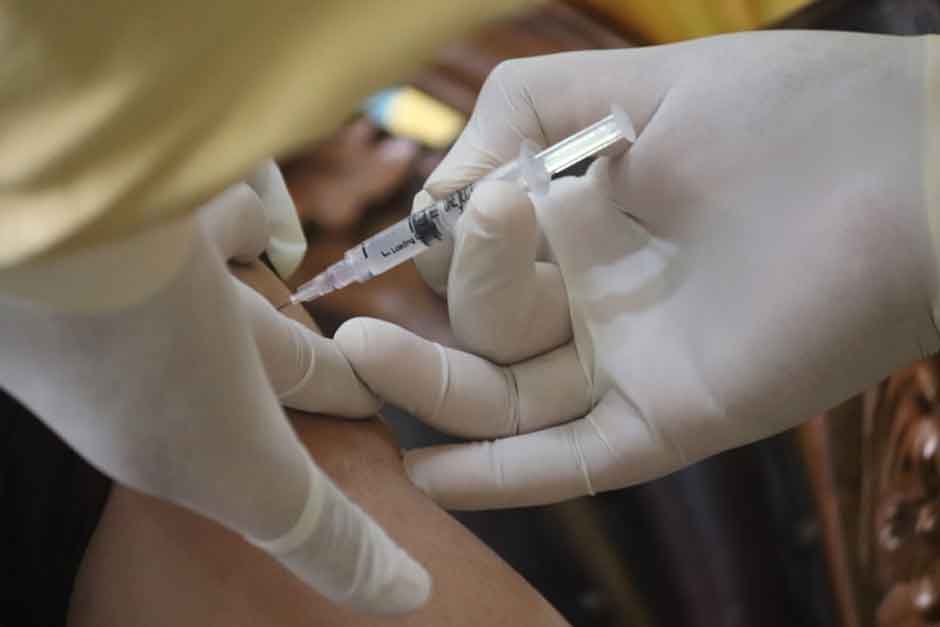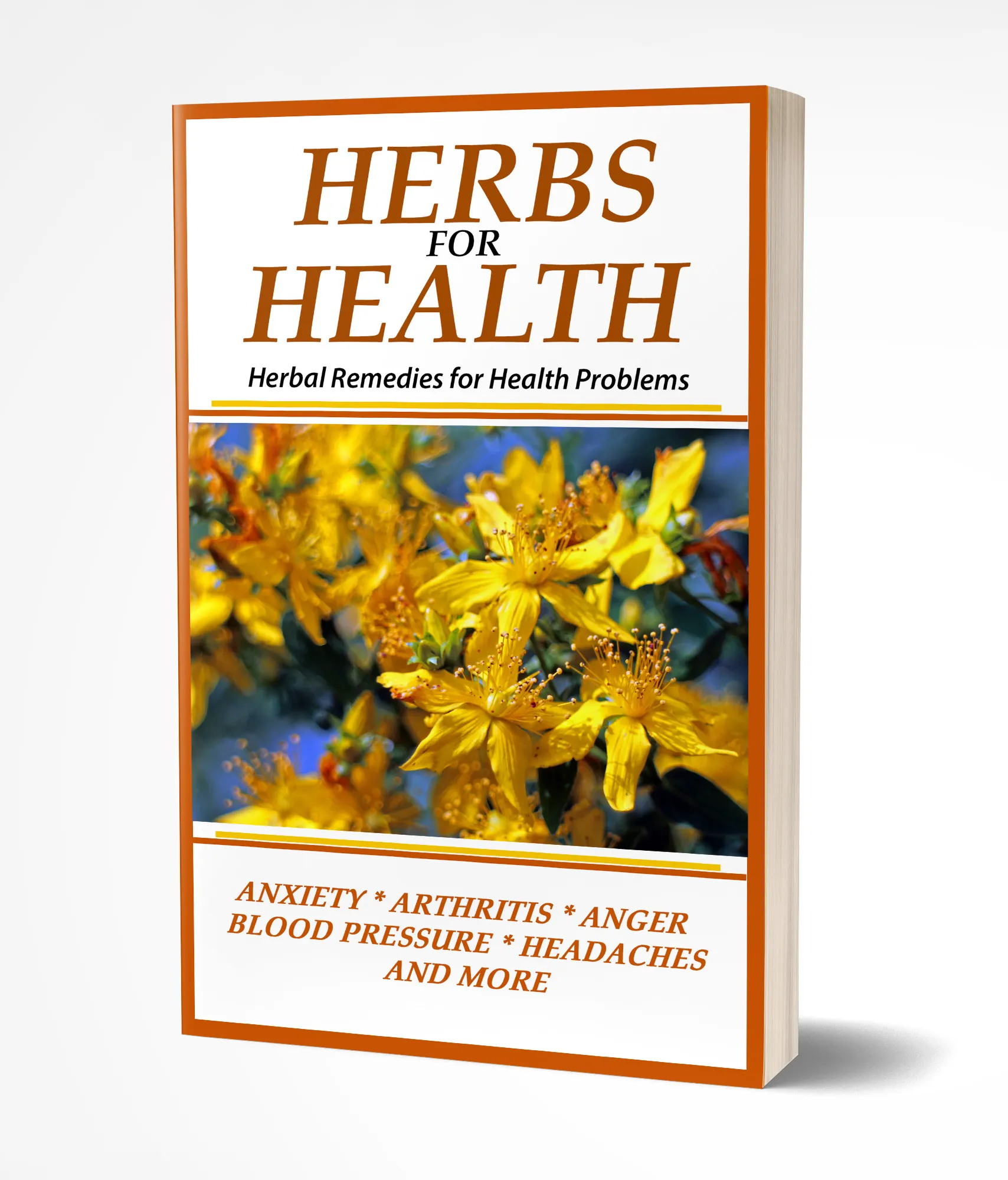Overcoming addiction is a multifaceted process that often requires a combination of spiritual healing, medical intervention, and community support. Each person’s journey is unique, but certain strategies can universally aid in breaking free from substance abuse and maintaining long-term recovery. Keep reading to discover how you can embark on a transformative path towards freedom from addiction.
Embracing the Role of Spiritual Retreats in Overcoming Addiction
For many, spirituality is a cornerstone in the journey to overcome addiction. Yoga retreats provide a sanctuary for introspection and connection, offering a reprieve from the pressures of daily life. Through guided experiences, individuals can explore deeper aspects and find solace in peaceful environments.
Spiritual retreats can take various forms, from yoga classes and mindfulness to nature-based therapy. They offer a chance to reset, cultivating new healthy habits that support sober living. The grounding techniques learned at retreats can become vital coping mechanisms in moments of temptation.
One effective option for couples is engaging in a romantic getaway designed to address the unique challenges faced when addiction impacts a relationship. The best retreat for couples fosters communication, healing, and a shared commitment to recovery. This can be a potent tool for reconnecting and rebuilding a strong, supportive partnership.
Embracing the journey together, couples can emerge with strengthened bonds and a joint vision for a future free from the shadows of addiction. The shared experience of a retreat, complete with spa treatments, relaxation workshops, and wellness activities, helps establish mutual support, making it the perfect place for recovery and beyond.
Navigating Medical Interventions: Medications and Therapies for Substance Abuse
In certain cases of addiction, medical intervention can be necessary to manage withdrawal symptoms and cravings safely. Medications can stabilize brain chemistry and reduce the impulsivity associated with substance abuse.
Therapies such as cognitive-behavioral therapy (CBT), motivational interviewing, and contingency management have proven effective at addressing the psychological aspects of addiction. These therapeutic interventions help individuals change their thought patterns and behaviors surrounding substance use.
In the most acute stages of recovery, medical stabilization may be required to ensure a person’s safety and comfort. This process allows individuals to detoxify from substances under the supervision of healthcare professionals actively managing any medical complications.
After stabilization, ongoing therapy and support are essential to address the root causes of addiction and prevent relapse. This comprehensive approach ensures that individuals are not only physically free from substances but also psychologically equipped to handle the stresses and triggers of everyday life.
Building a Support System: Connecting with Groups and Counselors
Creating a strong network of support is a critical component of successful recovery. Support groups such as Alcoholics Anonymous (AA) or Narcotics Anonymous (NA) provide community and a sense of belonging to those seeking sobriety.
These groups follow a structured program that encourages members to work through the steps of recovery with the guidance of a sponsor. This structured approach offers a blueprint for sobriety and the support of individuals who have walked a similar path.
Professional counselors also play a pivotal role in addiction recovery. They can offer personalized guidance, helping to address individual challenges and develop tailored strategies for coping and healing.
Building a support system is a proactive step individuals can take to ensure they have the necessary resources and assistance. It’s about creating a safety net to catch them when they risk falling back into old habits.
Overall, overcoming addiction is a complex journey that benefits from a multifaceted approach, integrating spiritual retreats, medical interventions, and strong support systems. By embracing the healing power of spirituality, utilizing medical therapies when necessary, and connecting with supportive communities, individuals can find the strength and resources needed for lasting recovery. Committing to this comprehensive strategy paves the way for a healthier, substance-free life filled with hope and renewed purpose.
The post Tips for Overcoming Addiction: From Spiritual Retreats to Medical Intervention appeared first on Heal How.







